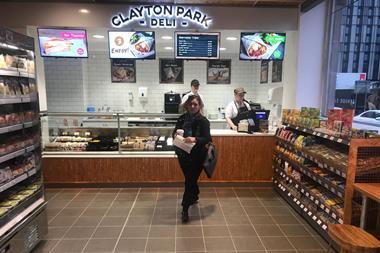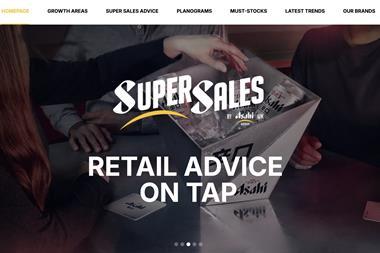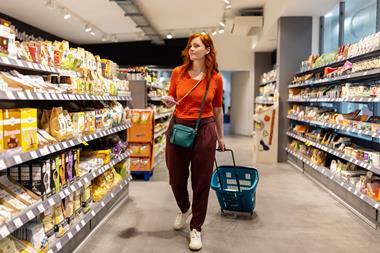Wheels of commerce

You might think that the multiples have home delivery and click and collect all sewn up, but new players are helping to open up the market to c-store retailers ready to step up a gear. C-Store talks to store owners who are proving that they too can deliver
ALREADY HAVE A REGISTERED USER ACCOUNT? PLEASE LOG IN HERE
To read the full story join the ConvenienceStore.co.uk community today!
Registration is quick and easy and provides access to:
- Unlimited ConvenienceStore.co.uk articles
- Our great range of newsletters
- Content you’ve saved for later via the ‘my library’ feature
And much more…































